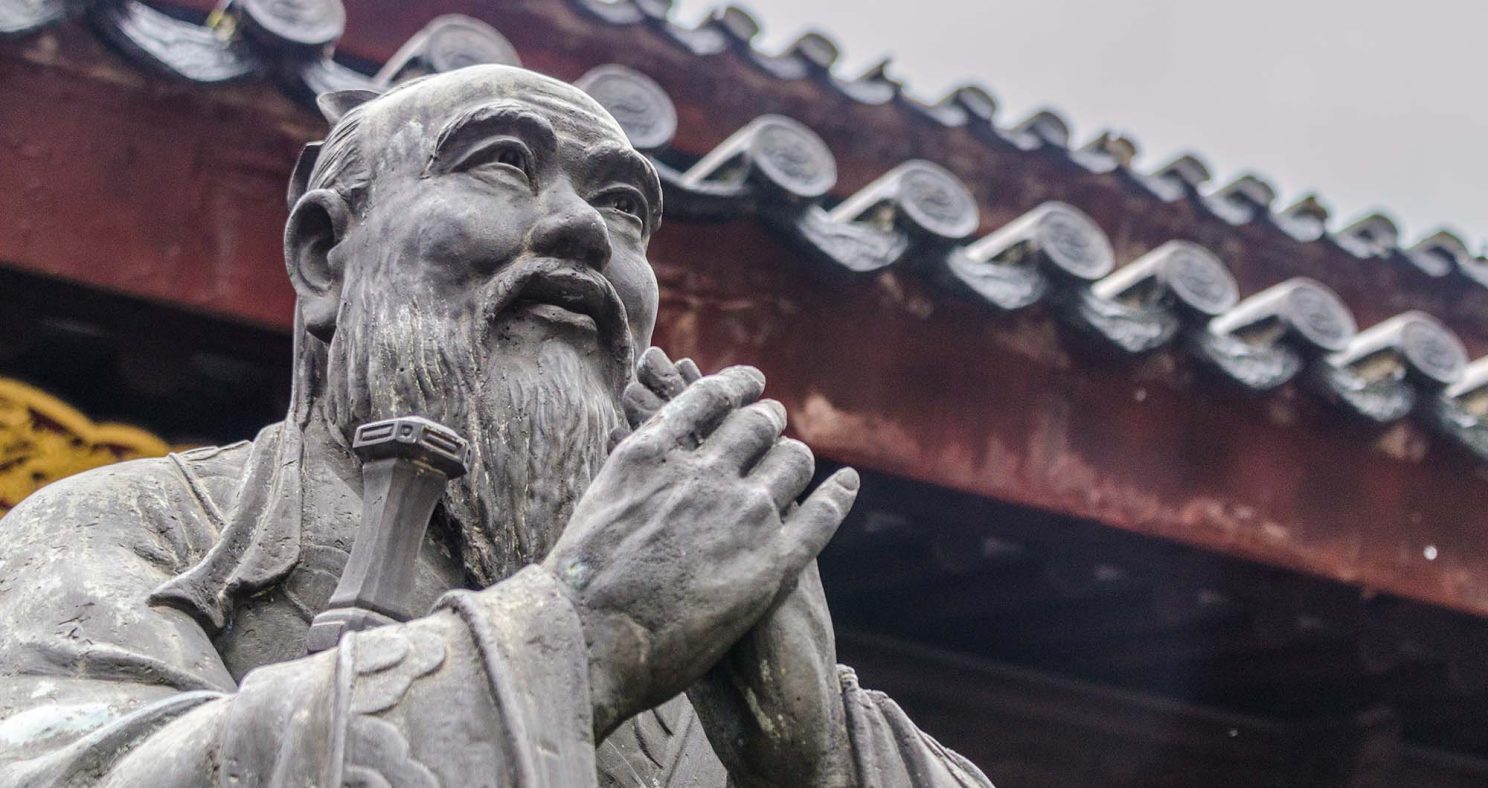
Intellectual history is a fascinating field that explores the evolution of ideas and how they shape societies. Ever wondered how ancient philosophies influence modern thought? Or how scientific breakthroughs change our understanding of the world? This blog post dives into 25 intriguing facts about intellectual history, shedding light on the thinkers, movements, and pivotal moments that have shaped human knowledge. From the ancient Greeks to the Enlightenment, and beyond, these facts will give you a deeper appreciation for the power of ideas. Ready to expand your mind? Let's explore the rich tapestry of intellectual history together!
Key Takeaways:
- Explore the evolution of ideas and influential thinkers in intellectual history, from Socrates to Einstein, and how they shaped societies and modern thought.
- Intellectual history has shaped politics, science, literature, and religion, influencing governance, scientific progress, cultural norms, and the human condition.
The Origins of Intellectual History
Intellectual history explores the evolution of ideas and how they shape societies. It delves into the thoughts of philosophers, scientists, and writers who have influenced human understanding.
- Intellectual history began in the Renaissance when scholars started to study ancient texts critically.
- The term "intellectual history" was coined in the 19th century to describe the study of ideas and their impact on society.
- Early intellectual historians focused on the works of classical philosophers like Plato and Aristotle.
Key Figures in Intellectual History
Many thinkers have left a lasting impact on intellectual history. Their ideas continue to influence modern thought and culture.
- Socrates is considered one of the founders of Western philosophy, known for his method of questioning.
- Confucius emphasized morality, family loyalty, and respect for elders, shaping Chinese culture.
- Immanuel Kant introduced the concept of the categorical imperative, a cornerstone of modern ethics.
- Karl Marx developed theories on capitalism and class struggle that influenced political movements worldwide.
Major Movements in Intellectual History
Throughout history, various intellectual movements have emerged, each contributing to the development of human thought.
- The Enlightenment was an 18th-century movement that emphasized reason, science, and individualism.
- Romanticism arose in the late 18th century, focusing on emotion, nature, and individual creativity.
- Existentialism emerged in the 20th century, exploring themes of freedom, choice, and the meaning of life.
- Postmodernism questioned the grand narratives and ideologies of modernism, emphasizing relativism and skepticism.
Intellectual History and Science
Science has played a crucial role in shaping intellectual history, driving progress and challenging existing beliefs.
- Galileo Galilei revolutionized astronomy with his support for the heliocentric model of the solar system.
- Isaac Newton formulated the laws of motion and universal gravitation, laying the groundwork for classical physics.
- Charles Darwin introduced the theory of evolution by natural selection, transforming biology.
- Albert Einstein developed the theory of relativity, fundamentally changing our understanding of space and time.
Intellectual History and Literature
Literature has been a powerful medium for expressing and disseminating ideas throughout history.
- Homer's epics, "The Iliad" and "The Odyssey," are foundational texts of Western literature.
- Dante Alighieri's "Divine Comedy" explores themes of sin, redemption, and the human condition.
- William Shakespeare enriched the English language and explored complex human emotions and social issues.
- Mary Shelley's "Frankenstein" raised questions about scientific responsibility and the nature of humanity.
Intellectual History and Politics
Political thought has been deeply influenced by intellectual history, shaping governance and societal structures.
- Niccolò Machiavelli's "The Prince" offered pragmatic advice on political leadership and power.
- John Locke advocated for natural rights and government by consent, influencing modern democracy.
- Jean-Jacques Rousseau emphasized the social contract and the importance of general will.
- Friedrich Nietzsche challenged traditional moral values and introduced the concept of the "Übermensch."
Intellectual History and Religion
Religion has been a significant force in intellectual history, shaping beliefs, practices, and cultural norms.
- St. Augustine integrated Christian theology with classical philosophy, influencing Western Christianity.
- Thomas Aquinas synthesized Aristotelian philosophy with Christian doctrine, shaping Catholic theology.
Final Thoughts on Intellectual History
Intellectual history offers a fascinating glimpse into the evolution of human thought. From ancient philosophers like Socrates and Confucius to modern thinkers like Einstein and Foucault, the journey of ideas has shaped societies and cultures. Understanding these historical milestones helps us appreciate the complexities of today's world. It also highlights the importance of critical thinking and open-mindedness. By studying the past, we gain insights into how ideas influence politics, science, art, and daily life. This knowledge empowers us to make informed decisions and fosters a deeper appreciation for diverse perspectives. So, next time you ponder a big question or face a challenging problem, remember the thinkers who came before you. Their wisdom might just offer the guidance you need.
Frequently Asked Questions
Was this page helpful?
Our commitment to delivering trustworthy and engaging content is at the heart of what we do. Each fact on our site is contributed by real users like you, bringing a wealth of diverse insights and information. To ensure the highest standards of accuracy and reliability, our dedicated editors meticulously review each submission. This process guarantees that the facts we share are not only fascinating but also credible. Trust in our commitment to quality and authenticity as you explore and learn with us.
